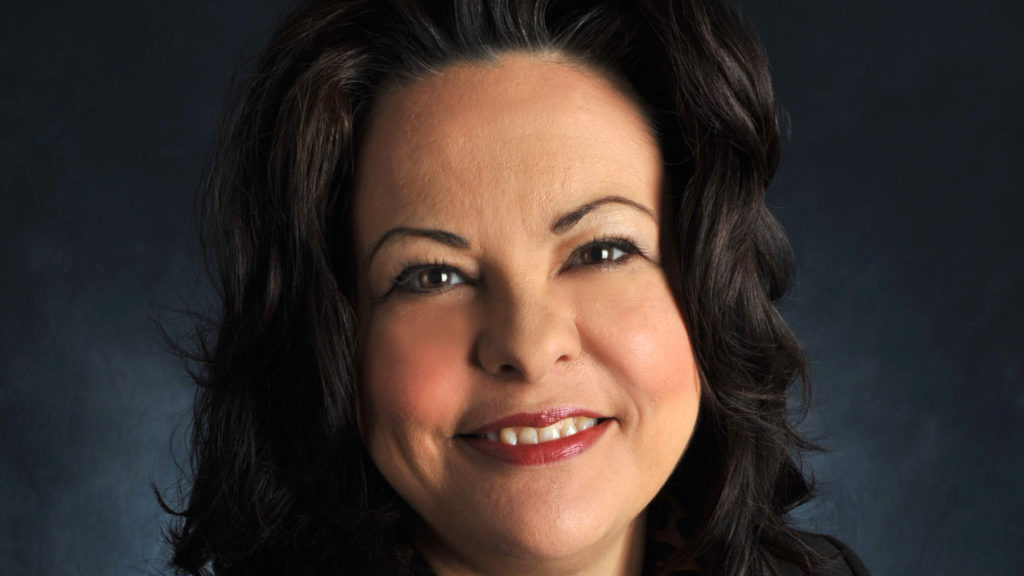States make headway on MMIS modular overhaul requirement
Cambria Solutions will provide planning and oversight for “significant upgrades” to Louisiana and Mississippi’s Medicaid management information systems.

More for you
See AllLoading data for hdm_tax_topic #better-outcomes...